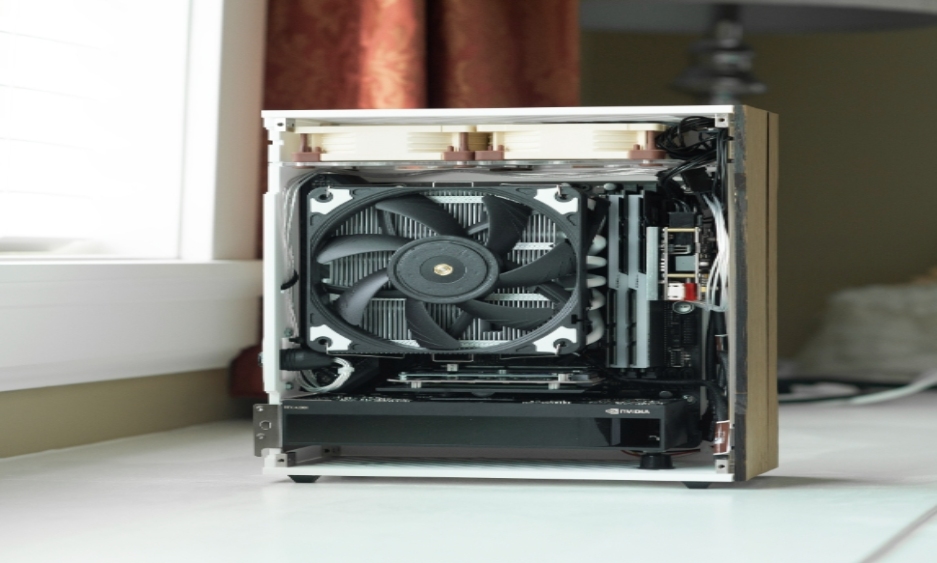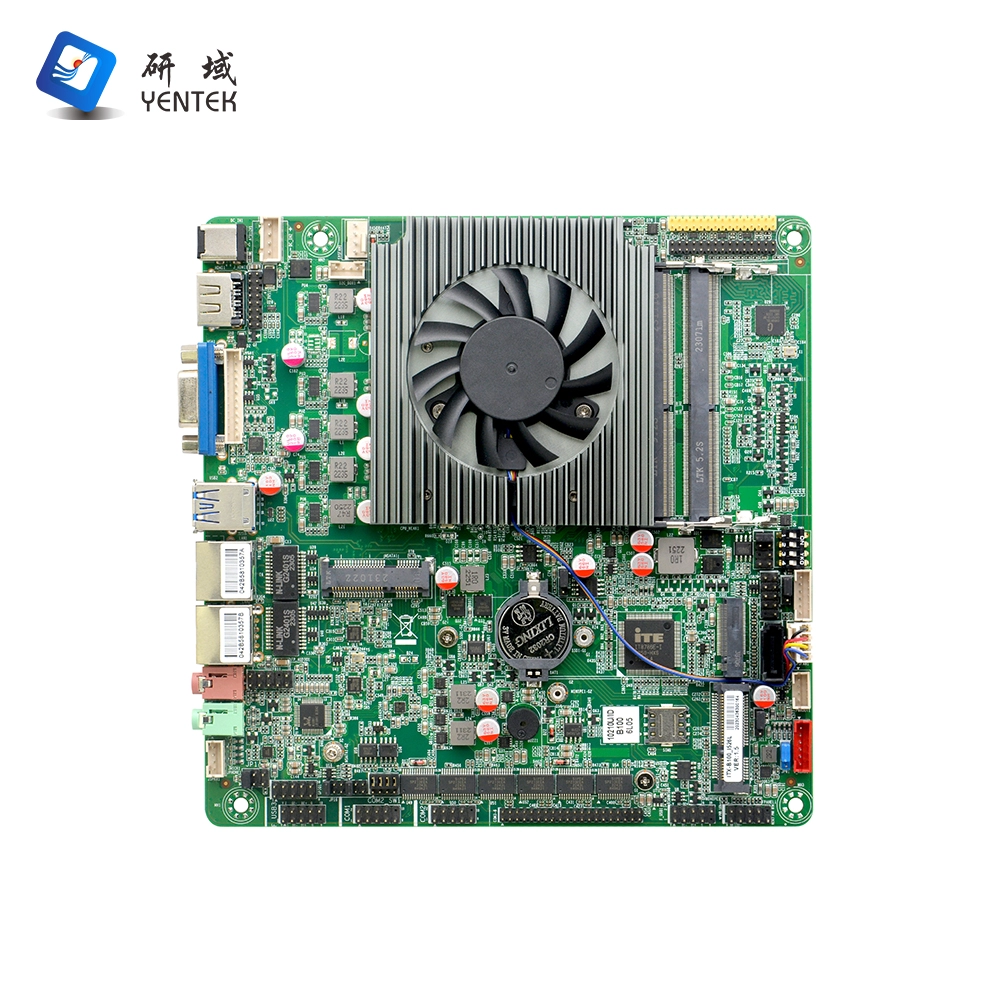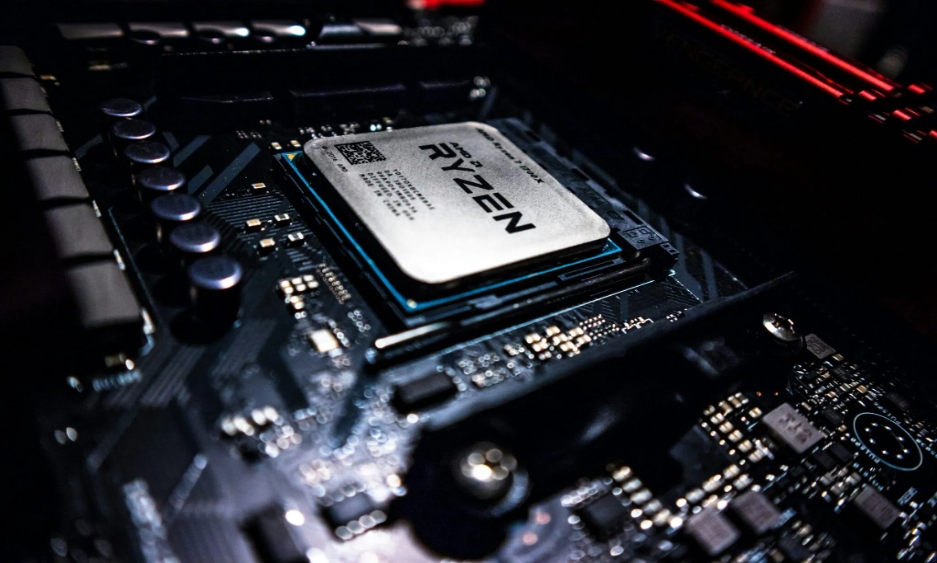The Advantages of Mini-ITX Motherboards in Small Form Factor PCs
As technology continues to evolve, the demand for compact and efficient computing solutions has surged. Mini-ITX motherboards have emerged as a popular choice for small form factor (SFF) PCs, providing an ideal balance between performance and space efficiency. YENTEK®, a high-tech enterprise specializing in industrial computing products, recognizes the significance of Mini-ITX motherboards in modern computing environments. This article explores the advantages of Mini-ITX motherboards, their applications, and why they are increasingly favored in various sectors.
Understanding Mini-ITX Motherboards
What is a Mini-ITX Motherboard?
Mini-ITX is a motherboard form factor developed by VIA Technologies in 2001, measuring 170 mm x 170 mm (6.7 inches x 6.7 inches). This compact design is roughly two-thirds the size of a standard ATX motherboard, making it an excellent option for building small and portable systems. Despite their smaller footprint, Mini-ITX motherboards are equipped with many features typically found in larger boards, including multiple ports and connectivity options.
Key Features of Mini-ITX Motherboards
Mini-ITX motherboards come with several key features that make them suitable for various applications:
Compact Size: The small dimensions allow for easy integration into tight spaces, making them ideal for home theater PCs (HTPCs), gaming consoles, and portable workstations.
Energy Efficiency: These motherboards are designed to consume less power compared to their larger counterparts, contributing to lower energy bills and reduced heat generation.
Versatile Connectivity: While compact, Mini-ITX boards still provide essential connectivity options such as USB ports, Ethernet connections, and audio outputs.

Advantages of Mini-ITX Motherboards
Space-Saving Design
One of the most significant advantages of Mini-ITX motherboards is their space-saving design. In an era where desk space is often limited, these compact boards allow users to build powerful systems without occupying much room. This feature is particularly beneficial for urban dwellers or those with minimal workspace who still desire high-performance computing.
Portability
Mini-ITX systems are lightweight and easy to transport, making them ideal for users who need a portable computing solution. Whether for gaming events, business presentations, or on-the-go productivity, the small form factor allows users to carry their systems without hassle. This portability extends to various applications such as mobile workstations and travel-friendly setups.
Energy Efficiency
Mini-ITX motherboards are designed with energy efficiency in mind. They typically consume less power due to fewer components and reduced power requirements compared to larger motherboards. This efficiency not only lowers electricity costs but also minimizes heat output, which can prolong the lifespan of components and improve overall system stability.
Cost-Effectiveness
In many cases, Mini-ITX motherboards can be more cost-effective than larger alternatives. Their smaller size often means fewer components are required for assembly, which can lead to lower manufacturing costs. Additionally, users can save on power consumption over time, further enhancing the overall value of investing in a Mini-ITX system.
Versatile Applications
Mini-ITX motherboards are versatile enough to cater to a wide range of applications. They are commonly used in:
Home Theater PCs (HTPCs): Their compact size makes them perfect for media centers where space is at a premium.
Gaming Consoles: Gamers appreciate the ability to build powerful yet portable systems that can handle demanding titles.
Industrial Applications: Many industries utilize Mini-ITX boards in embedded systems due to their reliability and compactness.
Office Workstations: Small offices benefit from the reduced footprint while still enjoying robust performance capabilities.

Challenges of Using Mini-ITX Motherboards
Limited Expansion Options
One notable drawback of Mini-ITX motherboards is their limited expansion capabilities. With only one expansion slot available, users may find it challenging to add additional components such as dedicated graphics cards or extra storage drives. However, many modern Mini-ITX boards support integrated graphics solutions or M.2 slots for SSDs that help mitigate this limitation.
Cooling Considerations
Due to their compact nature, cooling can become a challenge in Mini-ITX builds. Users need to carefully plan their cooling solutions to ensure adequate airflow within the case while avoiding excessive noise levels. Choosing low-profile coolers or utilizing efficient case designs can help maintain optimal temperatures without compromising performance.

Best Practices for Building with Mini-ITX Motherboards
Choose Compatible Components
When building a system around a Mini-ITX motherboard, it's crucial to select compatible components that fit within the constraints of the form factor. Pay attention to dimensions when choosing CPU coolers, graphics cards (if applicable), and cases to ensure everything fits properly without overheating.
Optimize Cable Management
Effective cable management enhances airflow within the case and contributes to a cleaner appearance. Use shorter cables or modular power supplies when possible to minimize clutter around critical components.
Invest in Quality Cooling Solutions
Given the potential challenges associated with cooling in compact builds, investing in quality cooling solutions is essential. Consider using low-profile CPU coolers or case fans designed specifically for small form factor systems.

Conclusion
In conclusion, Mini-ITX motherboards offer numerous advantages that make them an excellent choice for small form factor PCs across various applications. Their compact size allows for efficient use of space while providing sufficient performance for everyday tasks and specialized uses alike.
YENTEK® recognizes the importance of these innovative computing solutions in today's technology landscape and continues to support the development of high-quality industrial computing products that leverage the benefits of Mini-ITX design.
As businesses and consumers alike seek more efficient computing options that do not compromise on performance or functionality, the popularity of Mini-ITX motherboards is likely to grow further—solidifying their position as a staple in modern computing environments. Whether for home entertainment systems or industrial applications, embracing this form factor will undoubtedly pave the way for more versatile and powerful computing solutions in the future.
Overcoming Size Limitations: Mini-ITX Motherboards for Industrial Automation Solutions
Enhancing Cybersecurity with Configurable Firewall PCs: A Comprehensive Guide
Solving Space Constraints with Mini-ITX Motherboards in Small Form Factor Builds
Overcoming Size Limitations: Mini-ITX Motherboards for Industrial Automation Solutions
Mini-ITX Motherboards: The Ultimate Solution for Portable Workstations
